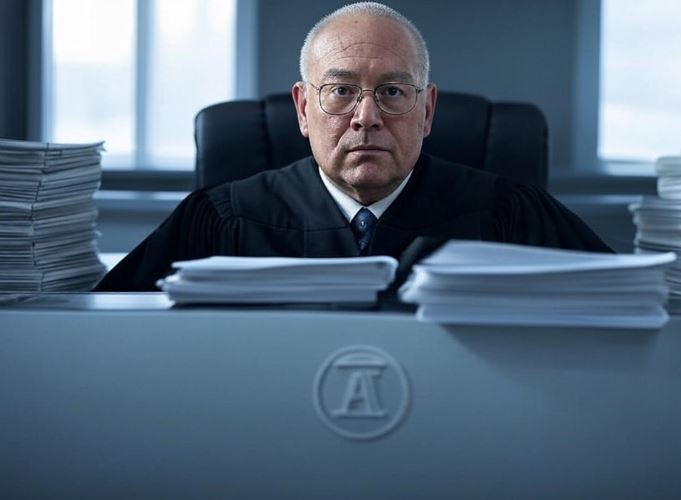In a landmark decision that could send shockwaves through the artificial intelligence industry, a U.S. District Judge has ruled in favor of copyright holders in the case of Thomson Reuters vs. Ross Intelligence. The judge determined that using copyrighted material to train AI models does not fall under the protection of fair use, a pivotal doctrine in U.S. copyright law.
The lawsuit was brought by Thomson Reuters, the parent company of legal research giants Westlaw and Practical Law, against Ross Intelligence, an AI-driven legal research tool. Thomson Reuters alleged that Ross Intelligence had unlawfully used its copyrighted legal documents to train its AI algorithms. The court’s ruling explicitly states that the ingestion of copyrighted material to enhance AI capabilities without permission from the copyright holder constitutes infringement.
Also Read: Crew-10 Mission Rescheduled as NASA Swaps SpaceX Capsule
This decision opens the floodgates for similar legal actions. Notably, Concord Music Group has already announced plans to leverage this precedent to pursue legal action against AI firms that have utilized their copyrighted music in training datasets.
Experts are now speculating on the broader implications for the AI industry. The ruling could force AI developers to seek explicit permissions or licenses for the content they use, potentially slowing innovation and increasing costs. This might lead to a significant reshaping of AI development practices, compelling companies to either secure rights to vast amounts of data or pivot to alternative training methodologies that don’t infringe on copyrights.
Legal analysts suggest that this case might just be the tip of the iceberg. With AI becoming more integral to various sectors, from healthcare to entertainment, the clarity on copyright issues will be crucial. Companies across the AI landscape are bracing for potential litigation, reevaluating their data strategies, and possibly looking towards legislative changes or new business models that respect copyright while fostering technological advancement.
Key Points:
Court Ruling: A U.S. District Judge has ruled that using copyrighted material to train AI models does not qualify as fair use.
Case Details: The case involved Thomson Reuters vs. Ross Intelligence, where Thomson Reuters claimed that Ross Intelligence infringed copyright by using its legal documents to train AI.
Precedent Setting: This decision could set a precedent affecting how AI companies acquire and use data for training.
Industry Impact: AI firms might now need to obtain explicit permissions or licenses for the content they use, potentially increasing costs and slowing innovation.
Legal Actions: Following this ruling, Concord Music Group plans to take legal action against AI firms for using copyrighted music in AI training.
Broader Implications: The ruling may lead to a reevaluation of data use practices across the AI industry, possibly influencing new legal or business frameworks to balance copyright protection with technological advancement.



